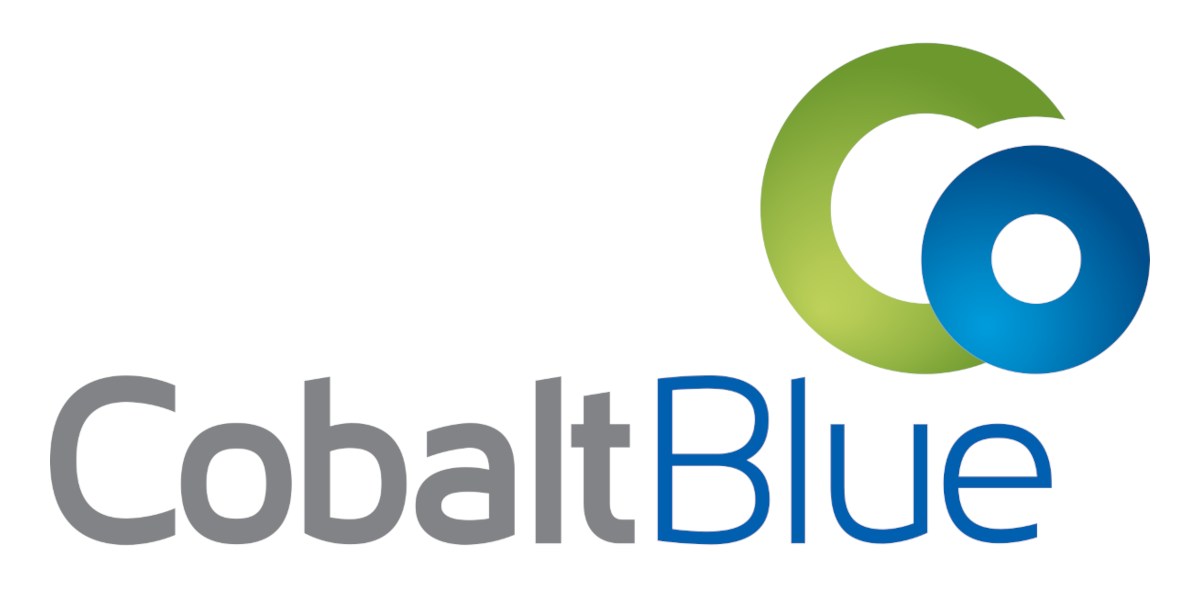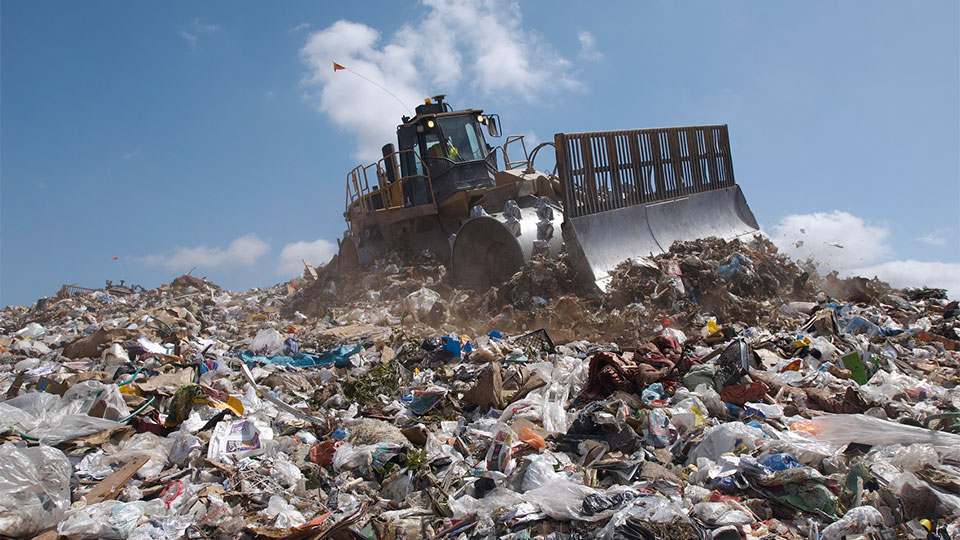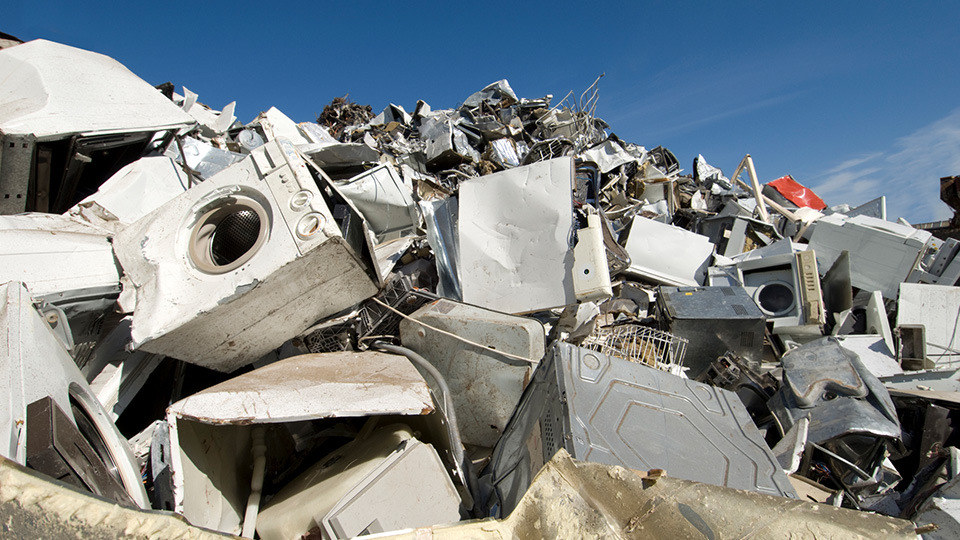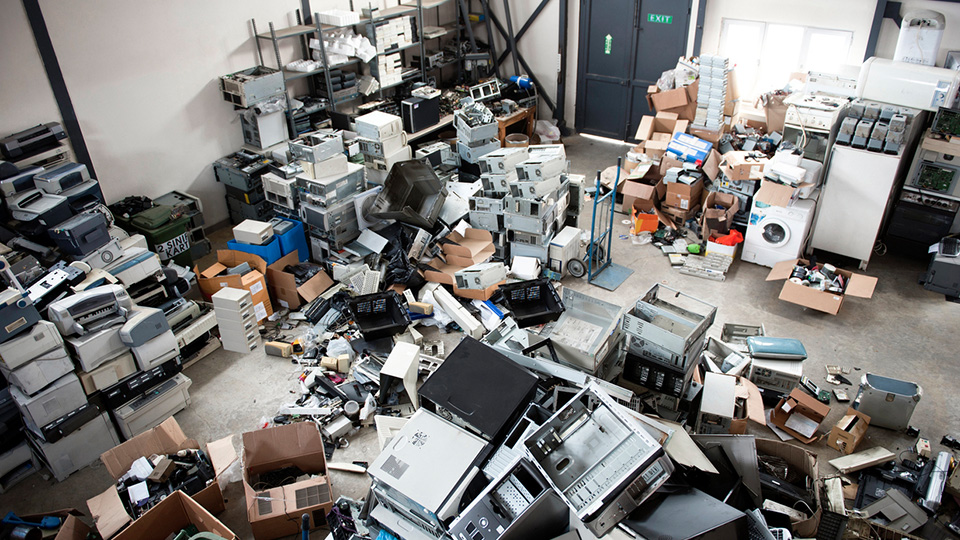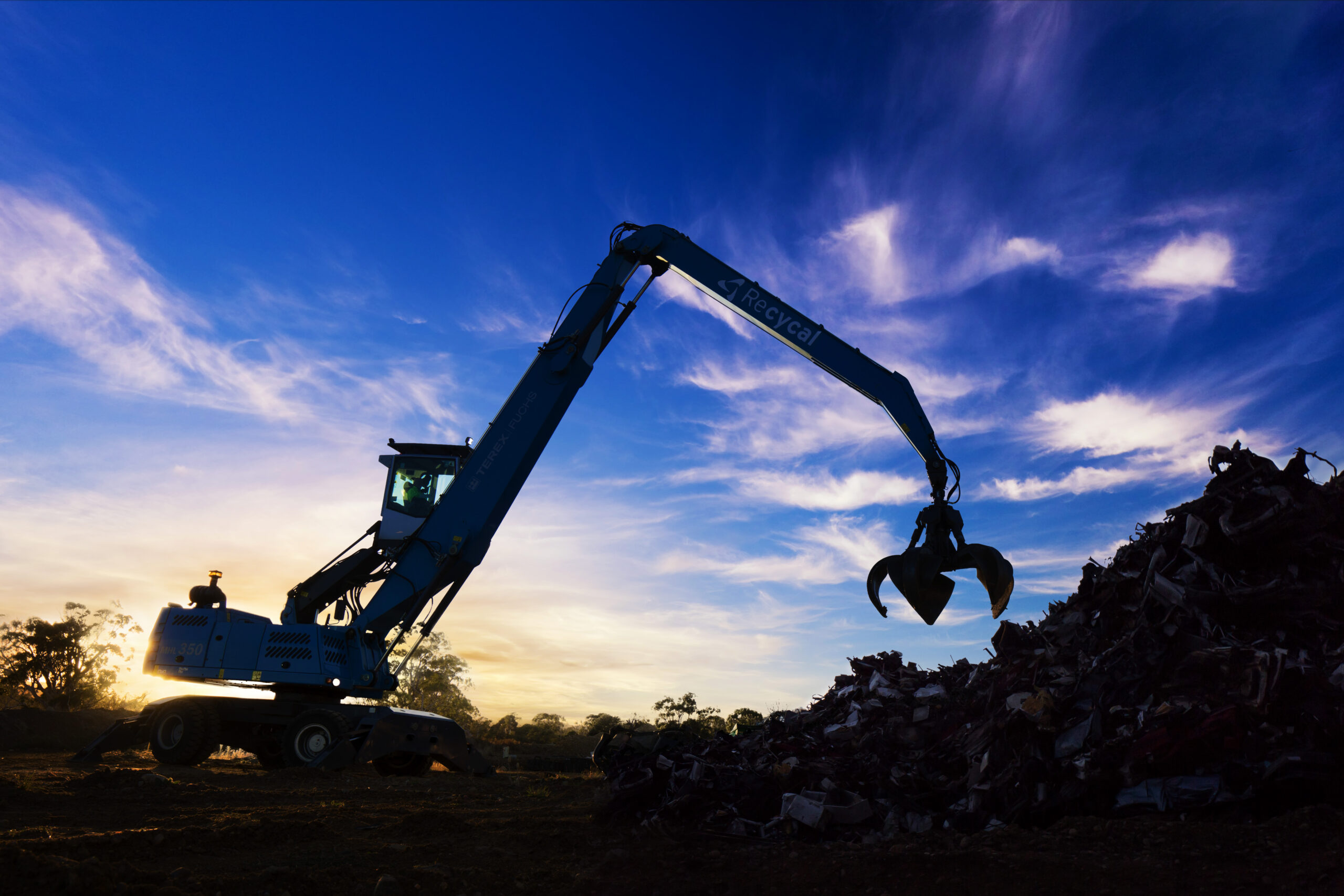Artisanal or small-scale gold miners frequently use mercury in their gold extraction process.
The gold-mercury mix, or amalgam, is then heated, usually over an open flame, to vapourise the mercury and leave behind the purified gold.
This a potentially deadly activity, with the miner breathing in mercury fumes and the rest settling on and contaminating the surrounding soil and getting flushed into waterways.
In Papua New Guinea (PNG) alone, tens of thousands of people make a living from small-scale gold mining, so the problem of mercury poisoning and environmental contamination is a big one.
Now, a mercury recovery machine developed at Kyoto University in Japan holds out the promise of making the use of mercury by artisanal gold miners much safer and a lot less environmentally damaging.
The mercury retorting machine is a type of still. The mercury-gold amalgam is heated in a vacuum to vapourise the mercury, which is then trapped by condensers and recovered in its liquid state.
In testing conducted by PNG’s Mineral Resources Authority, in collaboration with the University of Technology and Kyoto University, the mercury retorting machine was assessed on its overall performance and efficiency.
The team concluded that the mercury recovery kit is “an appropriate technology and should be promoted and used in Papua New Guinea’s artisanal and small-scale gold mining industry for mercury and recycling recovery”.
Of particular note was that the air released by the vacuum pump contained zero mercury vapour.
The mercury is effectively recycled, providing miners with an economic benefit by reducing their need to buy mercury.
Ecocycle Business Development Manager Daryl Moyle is excited by the development.
“This mercury retorting machine is basically a small-scale version of the large distillers we use in our mercury recycling process,” he said.
“If artisanal gold miners in PNG and around the world can be encouraged to take on this technology it will make a huge difference to their health and wellbeing and provide real environmental benefits.”
Ecocycle is actively engaged with PNG, partnering with Total Waste Management to provide recycling solutions for the country’s mercury-containing waste.
“For bulk quantities of waste such as fluorescent lighting it makes sense to centralise the recycling process and have it handled by specialist companies,” Mr Moyle said.
“But to put the technology to effectively recycle mercury into the hands of the actual users, that’s a fantastic move.”

